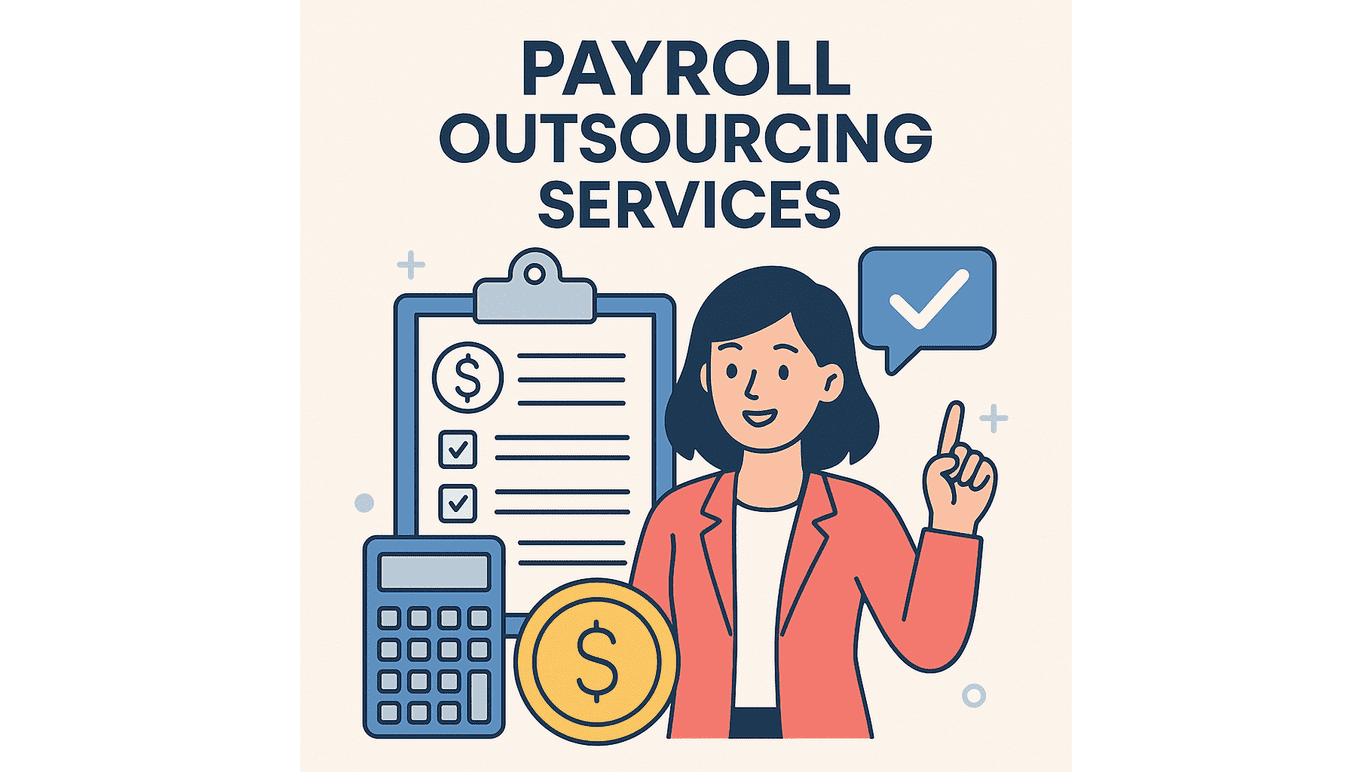
A proposed solution to the Highway Trust Fund’s financial woes – a 12% federal excise tax on new trucks – hit a roadblock during a recent congressional hearing. The tax, already in place, was heavily criticized by the trucking industry and some lawmakers who see it as an unfair burden and an inefficient funding mechanism.
The Highway Trust Fund, responsible for financing federal highway and bridge projects, faces a chronic shortage of revenue. The primary culprit? The declining federal gas tax, which hasn’t been raised since 1993. With fuel efficiency improvements leading to drivers using less gas, the tax generates less revenue despite rising infrastructure needs.
Representative Devin LaMalfa (R-CA) proposed the repeal of the 12% tax on new trucks as part of his “Modern, Clean, and Safe Trucks Act.” He argued that the burden of highway funding should be spread more widely and that the current system discourages investment in newer, cleaner trucks.
Trucking Industry Cries Foul
The trucking industry was a vocal opponent of the proposed tax increase. The American Trucking Associations (ATA), representing over 350,000 trucking companies, argued that the industry already pays a significant portion of highway maintenance costs through fuel taxes, user fees, and tolls.
“Trucks are already overtaxed,” said Chris Spear, CEO of the ATA, in his testimony. “Adding another layer of taxation will only stifle investment in new, cleaner trucks and ultimately harm the very infrastructure we’re trying to improve.”
Spear pointed out that the trucking industry is actively investing in cleaner technologies like electric and natural gas-powered trucks. The 12% tax, he argued, disincentivizes such investments by making new trucks more expensive.
Concerns About Efficiency
Even some lawmakers expressed reservations about the proposed tax increase. Jeff Davis, a senior fellow at the Eno Center for Transportation, a transportation policy think tank, testified that the current 12% tax only generates a small portion of Highway Trust Fund revenue – around 8% of the total since its inception in 1956.
“The numbers just don’t add up,” Davis said. “Relying solely on a tax on new trucks isn’t a sustainable solution. We need to explore alternative funding mechanisms or find ways to make the gas tax more effective.”
Alternative Solutions on the Horizon
The hearing highlighted the need for a comprehensive approach to highway funding. Several alternative solutions were proposed:
Indexing the Gas Tax to Inflation: Automatically increasing the gas tax each year to account for inflation would ensure a more stable revenue stream for the Highway Trust Fund.
Mileage-Based User Fee: Replacing the gas tax with a system where drivers pay per mile driven, regardless of fuel type, could be a more equitable way to fund highways, especially with the rise of electric vehicles.
Public-Private Partnerships: Partnering with the private sector to invest in and maintain highways could potentially address funding shortfalls.
The Road Ahead
The future of highway funding in the United States remains uncertain. While the 12% tax on new trucks seems unlikely to gain traction, the need for a sustainable funding solution is clear. Finding a fair and efficient way to pay for road and bridge infrastructure will require collaboration between lawmakers, the trucking industry, and the public.
Additional Considerations
The environmental impact of different funding mechanisms should be factored into the equation.
The impact of funding shortfalls on road safety and economic activity needs to be addressed.
Public education and outreach are crucial to garnering support for any new funding solutions.
The road to a healthy Highway Trust Fund may be long and winding, but the destination – a safe and efficient transportation network – is essential for the nation’s economy and well-being.







